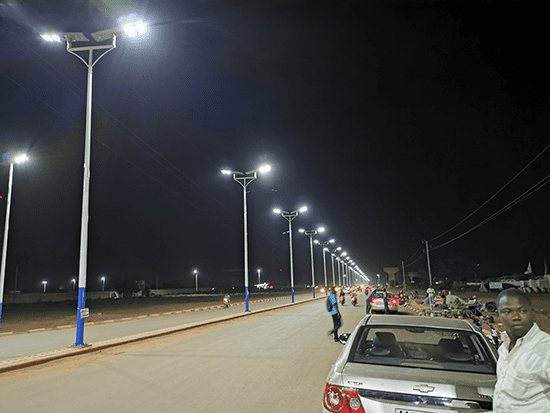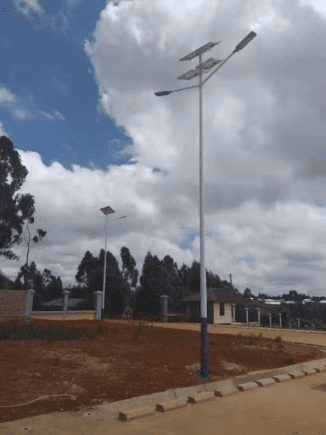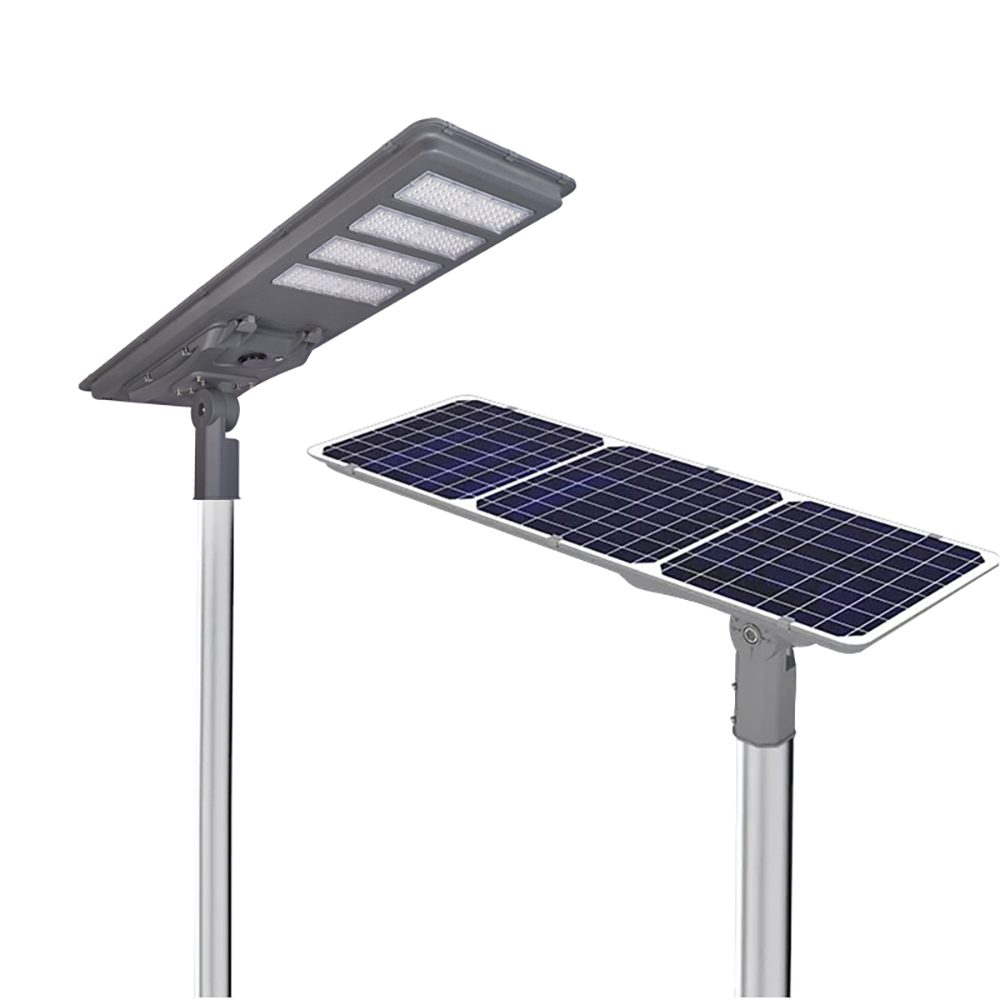In today’s society, access to energy profoundly impacts various aspects of human life. For remote and off-grid areas, traditional electricity supply methods often face numerous challenges, such as high infrastructure costs and unreliable power supply. As a renewable energy source, solar energy has gradually emerged as an ideal choice for these regions. This article will explore the many benefits of solar energy in remote and off-grid areas.

1.Reliable Energy Source
Remote areas often lack stable electricity supply, making it difficult to meet the energy needs of residents and businesses. Solar energy systems can operate independently, providing a stable power supply, especially in sunny locations where solar generation capacity is reliable. This self-sufficient energy solution enables residents in remote areas to no longer rely on distant power grids, ensuring that their daily lives and production activities remain unaffected by electricity shortages.
2.Reduced Energy Costs
In remote areas, traditional electricity supply often requires significant infrastructure investment, including power lines and substations. These costs are not only high but also challenging to maintain. In contrast, the installation and maintenance costs of solar energy systems are relatively low. With technological advancements and the decreasing prices of solar equipment, more households and businesses can afford the investment in solar systems. Moreover, the operation of solar systems incurs virtually no fuel costs, which can significantly lower energy expenses for residents and businesses in the long run.
3.Environmentally Friendly
Solar energy is a clean and renewable energy source, with its generation process producing no greenhouse gases or other pollutants. Particularly in remote areas, adopting solar power can reduce dependence on fossil fuels, thereby decreasing air and water pollution. By promoting the use of solar energy, remote regions can not only protect their ecological environment but also contribute to global efforts in combating climate change.
4.Promoting Economic Development
The adoption of solar energy brings new opportunities for economic development in remote areas. By providing a stable power supply, solar energy systems can support local business activities and promote the growth of small enterprises. For example, farmers can utilize electricity for irrigation and refrigeration, improving the efficiency and quality of crop production. Additionally, the application of solar energy stimulates related industries, such as solar equipment manufacturing, installation, and maintenance, creating more job opportunities.
5.Community Self-Development
The installation and operation of solar energy systems can often be managed by local communities, allowing residents to participate in energy production and management. This involvement not only enhances community control over energy resources but also increases residents’ sense of engagement and responsibility. Furthermore, community self-development can inspire residents to work together, promoting sustainable development ideals and fostering a positive social atmosphere.

In summary, solar energy offers numerous significant benefits for remote and off-grid areas. It provides a reliable energy source, reduces energy costs, and promotes environmental protection and economic development. Additionally, the application of solar energy encourages community self-development, enabling residents to play a greater role in energy management. With ongoing technological advancements and supportive policies, solar energy is poised to play an increasingly important role in the future of remote areas, bringing benefits to more people. As we strive to achieve sustainable development goals, solar energy is undoubtedly a promising solution worth looking forward to.










